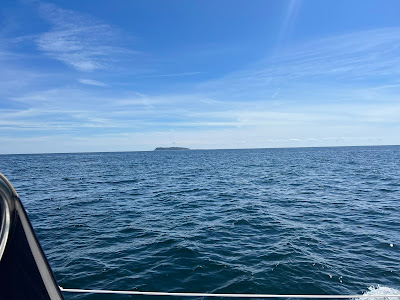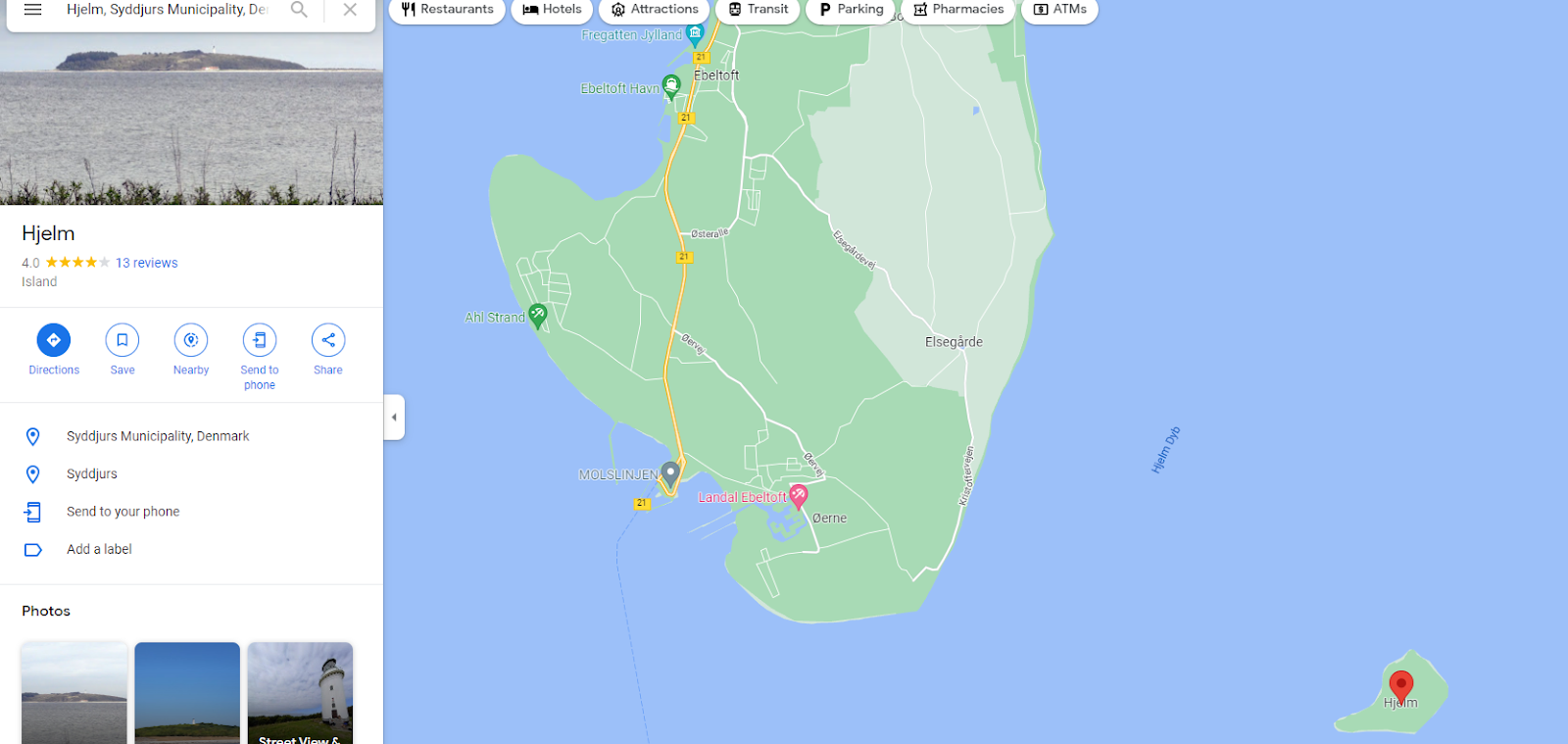In Tolkien's youth it was nothing unusual for Latin and Greek students to be told to translate a piece of English verse into verse in Latin or Greek. This is even more daunting than it sounds since Greek and Latin prosody has very different rules. When Tolkien says to W. H. Auden that his 'chief contacts with [English] poetry were when one was made to try and translate it into Latin' (Letters, no. 163, p. 213), this is what he is talking about, as Auden likely knew from his own experience. Some people were actually quite good at this, and kept it up long after they had finished school themselves. In Oxford and Cambridge of Tolkien's day it was something of a college industry.
I remember one day when I was an undergraduate studying Greek one of my more terrifying professors showed us a version of Coleridge's Kubla Khan translated into Greek by an Oxford don named Maurice Bowra. It was really quite good and a lot of fun, too. Aside from the Greek being neatly turned and the versification skillfully handled, Bowra had also rendered the cultural references into something a Greek 2,500 years ago would have understood. The names 'Kubla Khan' and 'Xanadu' would have meant nothing to Sophocles, for example, but Minos and Knossos would have conveyed just the necessary air of power both mythic and exotic. So 'In Xanadu did Kubla Khan' became 'In Knossos did King Minos' (ἐν Κνωσῷ βασιλεὺς Μίνως).(1) As mere American undergraduates of a decidedly less heroic age, my classmates and I were as awed to read this as we were grateful that no one was going to ask us to do anything similar.
Tolkien and Bowra knew each other. In the preface (p. viii) to the 1938 Oxford Book of Greek Verse in Translation, edited by Bowra and T. F. Higham, Tolkien receives thanks for his 'valuable help' with the seventy-four page essay Higham wrote on Greek Poetry in Translation.(2) What help Tolkien gave seems unknown, however. Both Tolkien (1945-1955) and Bowra (1951-?) were later members of the Oxford Dante Society, and it is perhaps at the meetings of this society, which seem to have always included a dinner, that the rest of our story begins.
For C. S. Lewis' brother, Warnie, ran into Tolkien one summer evening in 1966 at gathering in Wadham College of those who had known C. S. Lewis. Warnie's diary entry for 22 July 1966 tells an intriguing tale:
'in company with Tollers, who struck me as having had as much sherry as was good for him, and he told me some fantastic story about how he had once emptied a sauce boat of melted butter over [Maurice] Bowra's head.'(3)
We do not know why Tolkien did this to Bowra, though the reputation of Bowra's sharp tongue lives on even today. But again, I emphasize, we do not know. We also cannot say when it happened. It is tempting, however, to suspect a link between the buttering of Bowra and the meeting of the Oxford Dante Society on 15 February 1955 at which Tolkien's resignation was 'accepted with regret'.(4) That Warnie didn't already know the tale suggests that Tolkien didn't talk about it, at least not without a tongue-loosening amount of sherry in him. It's also true that he had run into Warnie at a gathering in Wadham College, of which Bowra had long been the warden (head). So he may well have been there, and seeing him would certainly have called that previous meeting to mind, whenever it may have happened.
Such memories might also have inspired Bowra five years later to write a letter attacking Tolkien's qualifications for government honors for which both he and Tolkien were then under consideration. Bowra disparaged Tolkien's academic output and dismissed the idea that someone who wrote 'only children's tales' merited recognition as a Companion of Honour.(5) (Tolkien in the end received the lesser distinction of Commander of the Order of the British Empire.)
It's worth noting that Tolkien had already felt the sting of such criticism long before. In letter 211, dated to 14 October 1958, Tolkien writes (p. 278):
I have only just returned from a year’s leave, one object of which was to enable me to complete some of the ‘learned’ works neglected during my preoccupation with unprofessional trifles (such as The Lord of the Rings): I record the tone of many of my colleagues.
And in letter 182 from sometime in 1956, he says (p. 238):
Most of my philological colleagues are shocked (cert. behind my back, sometimes to my face) at the fall of a philological into ‘Trivial literature’; and anyway the cry is: ‘now we know how you have been wasting your time for 20 years’. So the screw is on for many things of a more professional kind long overdue.
The similarity of these criticisms voiced at Oxford following the publication of The Fellowship of the Ring on 29 July 1954 and The Two Towers on 11 November 1954, to the comments in Bowra's 1971 letter invite us once again to wonder if a connection might exist between the butter boat incident and Tolkien's resignation from the Oxford Dante Society on 15 February 1955. Perhaps at table that evening Bowra unleashed his caustic wit at Tolkien, who was already sore from the criticism of his colleagues, but was not to be intimidated either. Perhaps not. We may never know, but it's a fine and fantastic image to cherish for a moment.
ADDENDUM:
Lee Smith has suggested to me the perfect instance of provocation for the butter boat incident. Bowra makes some suitably witty and acid remark about there not being enough butter to scrape over their bread as he asks Tolkien to pass the butter. Which Tolkien does.
I dedicate this post to my good friend, Shawn Marchese, who is leaving the Prancing Pony Podcast, but not (probably) because he has poured a sauce boat of melted butter over Alan's head.
_____________________________________
(1) For Kubla Khan, see S. T. Coleridge, C. M. Bowra, et al. in Greece & Rome 3 (1934) 178-82. https://www.jstor.org/stable/641030.
(2) I owe my discovery of the acknowledgement of Tolkien in The Oxford Book of Greek Verse in Translation to Cristina Scull & Wayne G. Hammond, The J. R. R. Tolkien Companion and Guide: Reader's Guide, Part I (2017: 195).
(3) Warnie's diary entry is quoted in Cristina Scull & Wayne G. Hammond, The J. R. R. Tolkien Companion and Guide: Reader's Guide, Part I (2017: 195) and in Chronology (2017:703). They draw the quote from Warnie's papers at the Marion E. Wade Center, at Wheaton College in Wheaton, Illinois. Charles E. Noad in Maurice Bowra and the Inklings, Amon Hen 227 (2011: 12-17) notes Warnie's story, but does not speculate (as I do) about the story behind it.
(4) Cristina Scull & Wayne G. Hammond, The J. R. R. Tolkien Companion and Guide: Chronology (2017: 47).
(5) Cristina Scull & Wayne G. Hammond, The J. R. R. Tolkien Companion and Guide: Reader's Guide, Part I (2017: 195-96) and Chronology (2017: 789-90, 863)


